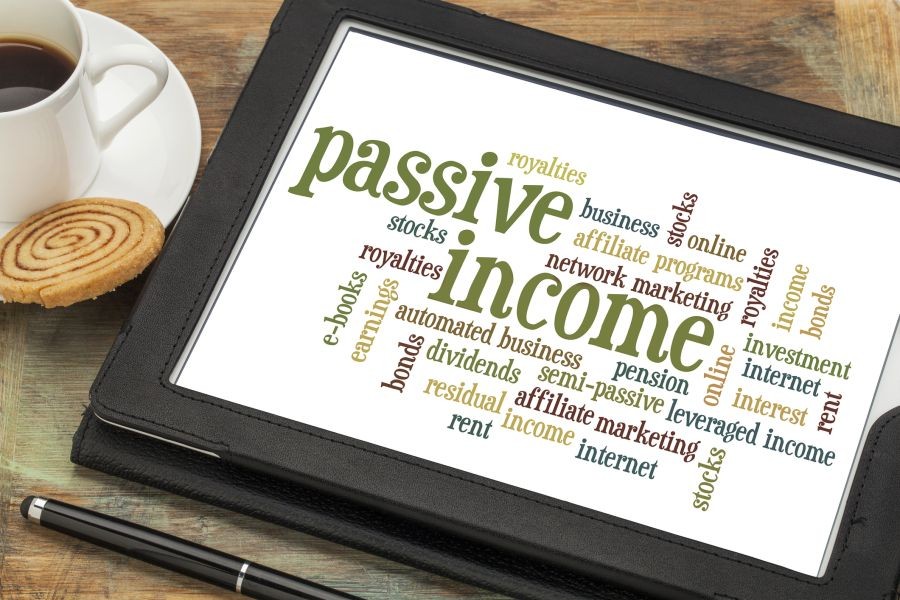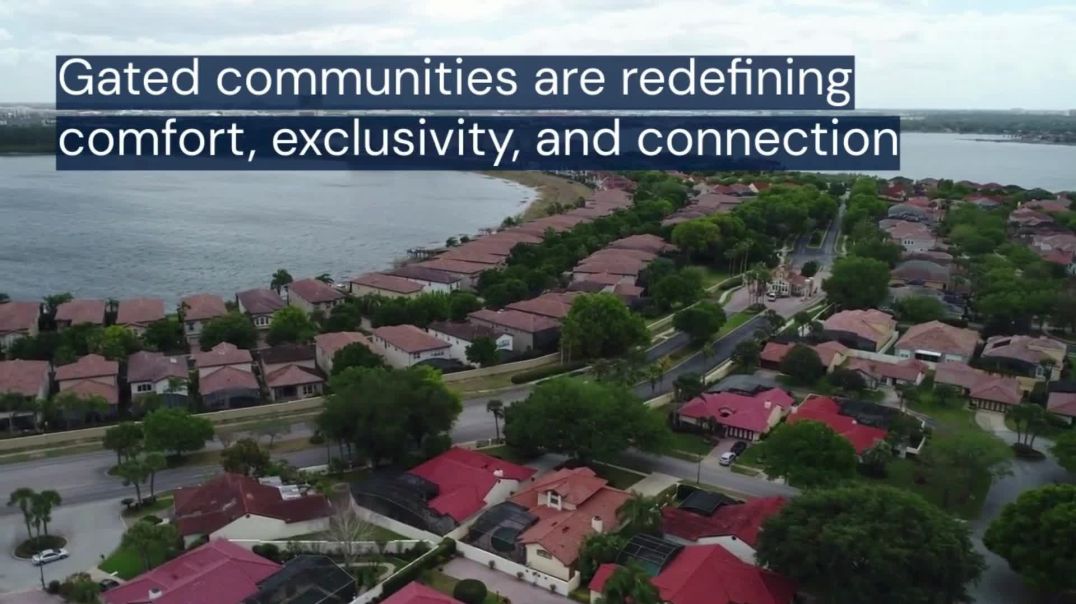Amid the picturesque landscapes of New Zealand, Auckland has emerged as a beacon of real estate growth, becoming the country's most prominent property hub. This metamorphosis didn't happen overnight but is the result of a confluence of economic policies, demographic shifts, and strategic urban planning. For tax specialists and real estate investors, understanding this evolution is crucial for navigating the complex landscape of property investment. This article delves deep into the historical trajectory of Auckland's real estate market, providing insights that are paramount for making informed decisions.
The Historical Context of Auckland's Real Estate Boom
Auckland's transformation into a real estate powerhouse is a story of strategic foresight and economic adaptability. In the mid-20th century, Auckland was a modest city, overshadowed by Wellington's political clout and Christchurch's agricultural prominence. However, by the 1980s, a series of economic reforms, known as "Rogernomics," liberalized New Zealand's economy, paving the way for Auckland's urban expansion.
The removal of import tariffs and financial deregulation attracted international investments, particularly in the property sector. According to a report by the Reserve Bank of New Zealand, the city's population grew from 800,000 in 1981 to over 1.6 million by 2020, driven by both internal migration and overseas influxes. This population boom necessitated an expansion in housing, spurring a vigorous real estate market.
Economic Policies Fueling Growth
The New Zealand government's proactive policies were instrumental in shaping Auckland's real estate landscape. The introduction of the Resource Management Act in 1991 aimed to balance development with environmental protection, making it easier to plan new residential areas. Moreover, the Auckland Unitary Plan, introduced in 2016, further streamlined the process of building high-density housing, addressing the city's housing shortages.
The Ministry of Business, Innovation, and Employment (MBIE) reported that these policies not only made Auckland an attractive destination for property developers but also ensured sustainable urban growth. The initiatives were coupled with infrastructure development, such as the City Rail Link, enhancing connectivity and boosting property values.
Case Study: Auckland's Central Business District (CBD)
The Auckland CBD is a prime example of urban revitalization that transformed the city's economic landscape. Once a conventional business district, it has evolved into a vibrant residential and commercial hub.
Problem: In the early 2000s, the Auckland CBD was struggling with low foot traffic and limited residential options, hindering economic growth.
Action: The Auckland Council implemented the "City Centre Masterplan," focusing on mixed-use developments and pedestrian-friendly spaces. This plan encouraged the construction of high-rise apartments, retail spaces, and recreational areas.
Result: Over a decade, the CBD's population surged by 30%, and property values increased by 40%, according to the Auckland Council's urban development report. The area now boasts a thriving economy, attracting businesses and investors alike.
Takeaway: The success of Auckland's CBD highlights the importance of strategic urban planning in revitalizing city centers. For other regions in New Zealand, adopting similar approaches could lead to sustainable economic growth.
Expert Insights: Factors Driving Auckland's Real Estate Success
To delve deeper into Auckland's real estate triumphs, we consulted industry experts who highlighted several key factors:
- Demographic Trends: The influx of immigrants and internal migration has fueled housing demand, particularly in suburban areas.
- Infrastructure Investments: Projects like the Waterview Tunnel have reduced travel times, making suburban living more attractive.
- Economic Stability: New Zealand's robust economic policies have provided a stable environment for real estate investments.
According to a study by the University of Auckland, these factors, combined with favorable lending conditions, have created a conducive environment for property growth. The Reserve Bank's low-interest rates have further incentivized property investments, leading to a 27% increase in property prices over the past five years.
Pros and Cons of Investing in Auckland Real Estate
For potential investors, understanding the advantages and potential pitfalls of Auckland's real estate market is crucial.
✅ Pros:
- High ROI: Properties in Auckland have seen a consistent appreciation in value, offering substantial returns.
- Strong Rental Demand: The city's growing population ensures a steady demand for rental properties.
- Government Support: Policies favoring urban development provide a stable investment environment.
❌ Cons:
- Affordability Issues: Rising property prices have made it challenging for first-time buyers.
- Market Volatility: Economic downturns can lead to fluctuations in property values.
- Regulatory Challenges: Navigating zoning laws and compliance regulations can be complex.
Common Myths & Mistakes in Auckland's Real Estate Market
Despite its success, Auckland's real estate market is rife with misconceptions that can mislead investors.
- Myth: "Auckland's property market is a bubble waiting to burst." Reality: While prices have surged, regulatory measures and consistent demand mitigate the risk of a bubble.
- Myth: "Investing in the suburbs offers lesser returns." Reality: Suburban areas have seen significant infrastructure development, making them attractive investment options.
- Myth: "High-rise apartments are not lucrative investments." Reality: With increasing urbanization, high-rise apartments offer competitive rental yields.
Investors must base their decisions on comprehensive market research and informed analysis rather than relying on common myths.
Future Trends: What's Next for Auckland's Real Estate Market?
As Auckland continues to evolve, several trends are poised to shape its real estate market:
- Green Developments: Sustainable building practices will become a priority, driven by both consumer demand and regulatory requirements.
- Technology Integration: The adoption of smart home technology and digital platforms will enhance property management and tenant experiences.
- Increased Urbanization: With ongoing infrastructure projects, urban areas will continue to expand, offering new investment opportunities.
According to a forecast by NZ Property Investors’ Federation, Auckland's real estate market will remain robust, with an annual growth rate of 4-6% over the next decade. For investors, staying abreast of these trends will be key to capitalizing on future opportunities.
Conclusion
Auckland's rise as New Zealand's real estate hub is a testament to the city's strategic planning and economic resilience. For tax specialists and investors, understanding these dynamics is essential for navigating the complexities of property investment. As the market continues to evolve, leveraging expert insights and data-driven analysis will be crucial for making informed decisions.
Ready to explore Auckland's real estate opportunities? Begin by analyzing current market trends and consulting with industry experts to ensure a successful investment journey. What are your thoughts on Auckland's real estate future? Share your insights below!
People Also Ask (FAQ)
- How does Auckland's real estate market impact New Zealand's economy? Auckland's real estate market significantly contributes to NZ's GDP, with a ripple effect on construction, retail, and financial services sectors.
- What are the biggest misconceptions about Auckland's property market? One myth is that Auckland's market is a bubble. However, consistent demand and regulatory support indicate stable growth.
- What are the best strategies for investing in Auckland real estate? Experts recommend focusing on emerging suburbs, leveraging government policies, and prioritizing sustainable developments for long-term gains.
Related Search Queries
- Auckland real estate market trends 2025
- Investing in Auckland property 2025
- Auckland housing market analysis
- New Zealand real estate investment opportunities
- Auckland property prices forecast





























